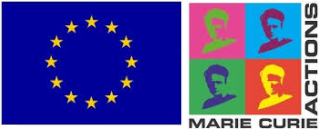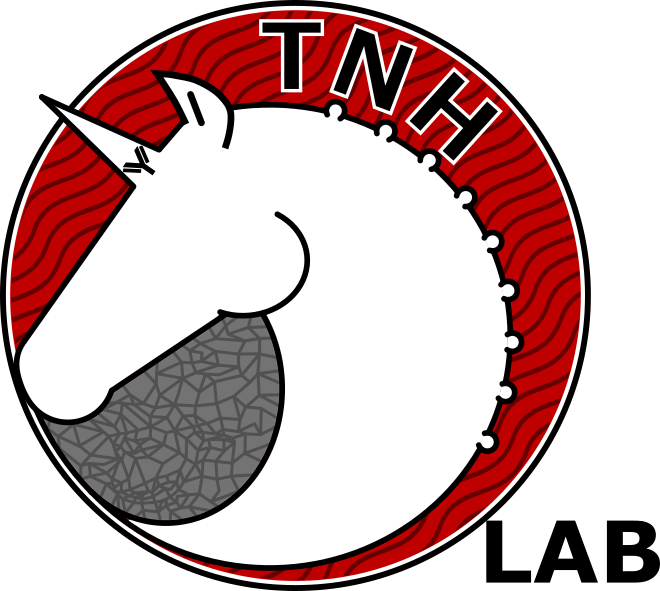MINT Project: Multifunctional Immunocompatible NanoTheranostics to modulate tumor microenvironment and improve treatment monitoring: A double blow to pancreatic cancer
On September 1st, 2019 Sugata Barui has joined our laboratory with a Marie Curie-Sklodowska Individual Fellowship, to focus on multifunctional nanotheranostics against pancreatic cancer within the MINT project. Different nanomaterials have been developed so far in particular against cancer, but very little attention has been paid to their potential immunogenicity, to their final destiny, as well as to the importance of zero-delivery in unwanted places. Thus, there is still a huge disproportion between the present nanomedicine tools and the clinical requirements. The ambitious purpose of the MINT project is to develop a theranostic (able to deliver a therapy and make a diagnosis at the same time) and immunocompatible tumor targeted nanoconstruct with enhanced drug delivery capabilities to cancer cells. The nanoconstruct will act by disturbing the microenvironment supporting the pancreatic cancer, one of the most lethal human malignancies. It can also work as magnetic resonance contrast agent to be probed for treatment monitoring.
In recent years several therapeutic advances have been implemented for many cancer types, but the scenario of pancreatic cancer remains unchanged. The main factor behind the limited efficacy of chemotherapeutics in pancreatic cancer is its complex microenvironment. MINT project aims to target signaling pathways correlated to the tumor microenvironment and deliver related therapeutics through the multifunctional immunocompatible nanoconstruct.


The final objective is to deplete the tumor fibrotic tissue, normalize the vascularity and improve the efficiency of therapies against pancreatic cancer. This therapeutic outcome will also have a significant impact on other cancers rich in fibrotic tissues.

Research funded by European Community under Grant Marie Skłodowska-Curie Actions (Standard European Individual Fellowships), Grant Agreement n. 842964
